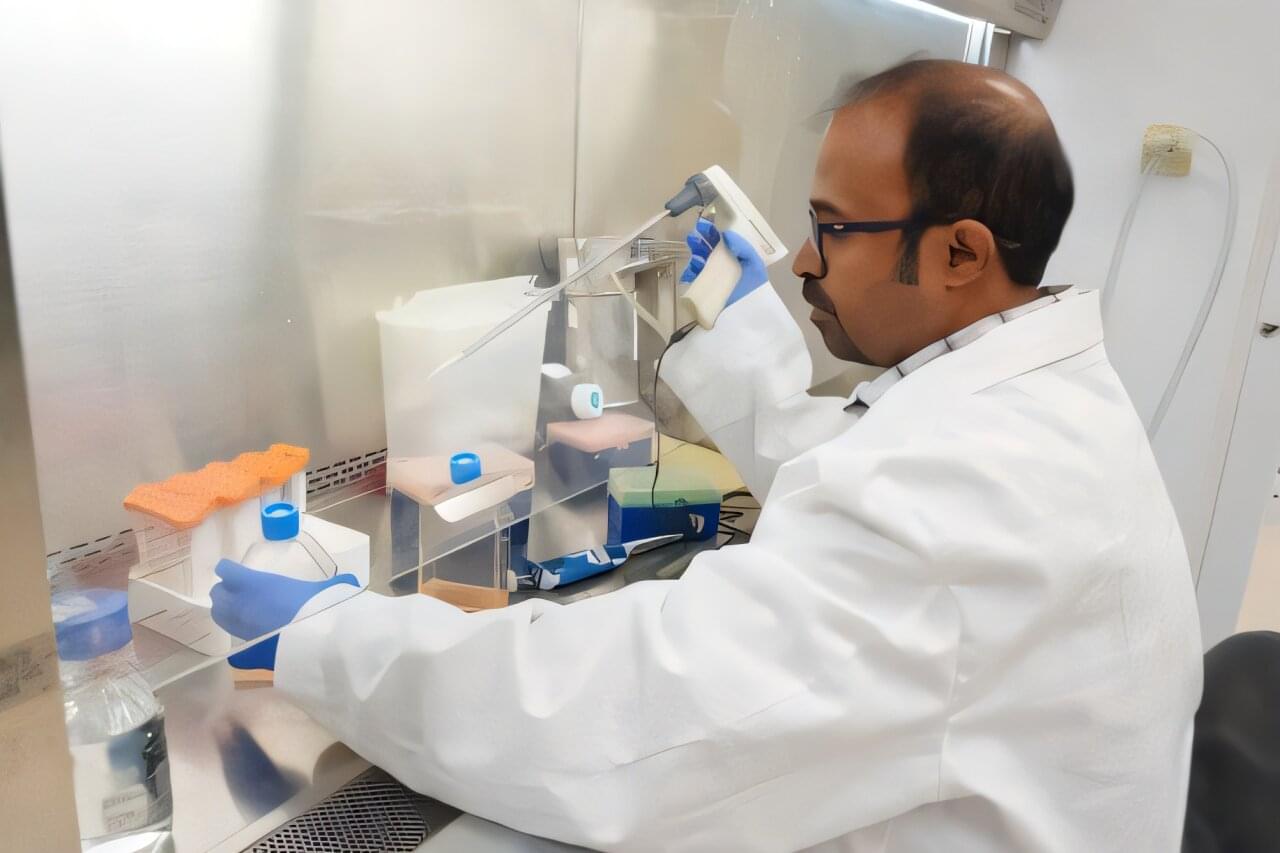A new study by Indiana University School of Medicine researchers has revealed a breakthrough in the fight against acute myeloid leukemia, one of the most aggressive and fatal blood cancers in adults. The discovery of a previously unrecognized immune cell could lead to new therapies that are less treatment-resistant than current options for patients—meaning higher survival rates for people with blood cancers.
Acute myeloid leukemia is a cancer that begins in the bone marrow and leads to impaired blood cell formation and function. Currently the sixth-leading cause of cancer-related death in adults, acute myeloid leukemia is resistant to many treatment options and relapse is common.
“Despite transformative progress in the treatment of many blood cancers, acute myeloid leukemia therapies have remained largely unchanged for over three decades,” said Reuben Kapur, Ph.D., director and program leader of the Hematologic Malignancies and Stem Cell Biology Program at the IU School of Medicine Herman B Wells Center for Pediatric Research, a researcher with the IU Melvin and Bren Simon Comprehensive Cancer Center and co-author of the study.
